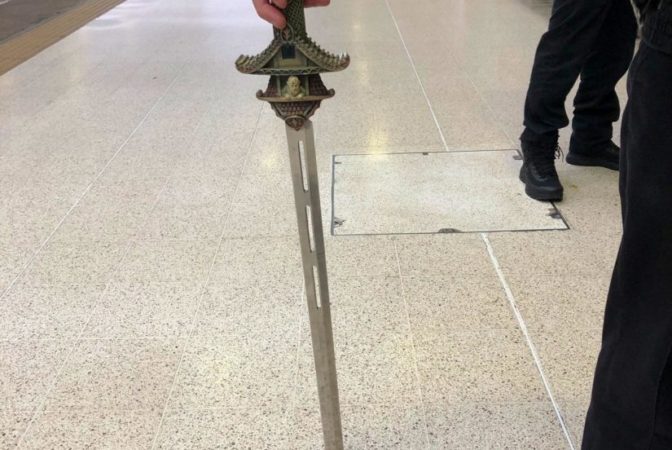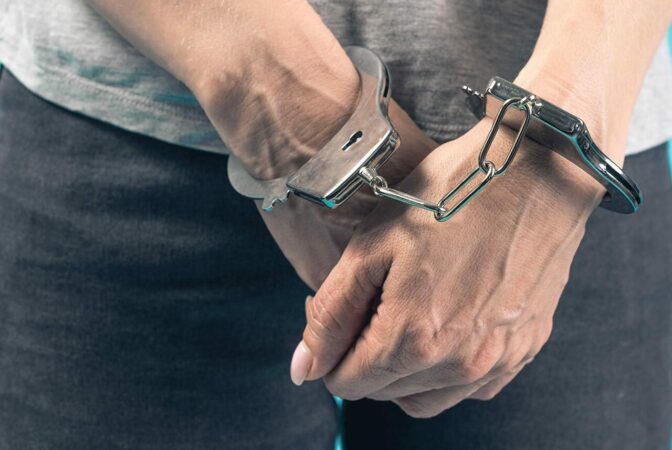Mr K was among 18 defendants linked to a gang which smashed into stores across London armed with knives, guns and hammers.
The gang, who targeted Three stores, stole £500k worth of mobile phones and caused a further £500k, of damage during 17 “smash and grab” raids in 2016.
Police swooped on the suspects after swapping phones for dummy versions fitted with tracking devices.
One of those rounded by detectives was Mr K, who was charged with handling stolen goods – despite not being directly involved in the nighttime heists.
It was claimed that Mr K had a “unique role” in the theft plot and he was alleged by prosecutors to have moved black bags of stolen phones in a hostel used by the crooks to divvy up the haul.
But the young man was acquitted by a jury after a barrister instructed by Stuart Miller Solicitors likened him to the eponymous fish in Walt Disney flick Finding Nemo.
The court heard that Mr K did not know what was inside the black bags but that he was paid a “small amount” to help another hostel resident bring them inside.
Describing how he “did not belong” in the trial alongside his co-accused, jurors were told that YK was “a lost fish needing to be found in the big bad ocean”.
Mr K was the only one of those on trial to be acquitted.
A spokesman for Stuart Miller Solicitors said: “Mr K was inadvertently dragged into a world of which he had no idea he was participating.
“He did not know what was inside the bags he was transporting. He was paid a small amount to assist another resident in the hostel to bring them in.
“In order for a jury to believe that Mr K neither knew nor believed the contents of the bag were stolen items, it was essential to separate in their minds the character of the type of person involved in that level of criminality, and that of the man sitting in the dock.
“Asking targeted questions in examination-in-chief allowed Mr K to tell his story in a way that not only got the facts of what he remembered, but the emotion behind the man.
“We were able to create a connection between himself and the jury. By observing how the co-defendants had been presented through their accounts in the witness box, it was imperative to use very different methods of questioning with Mr K.
“We were able to control the atmosphere and ultimately create a new dynamic, separating in the minds of the jury, Mr K from those with whom he shared the dock.”




